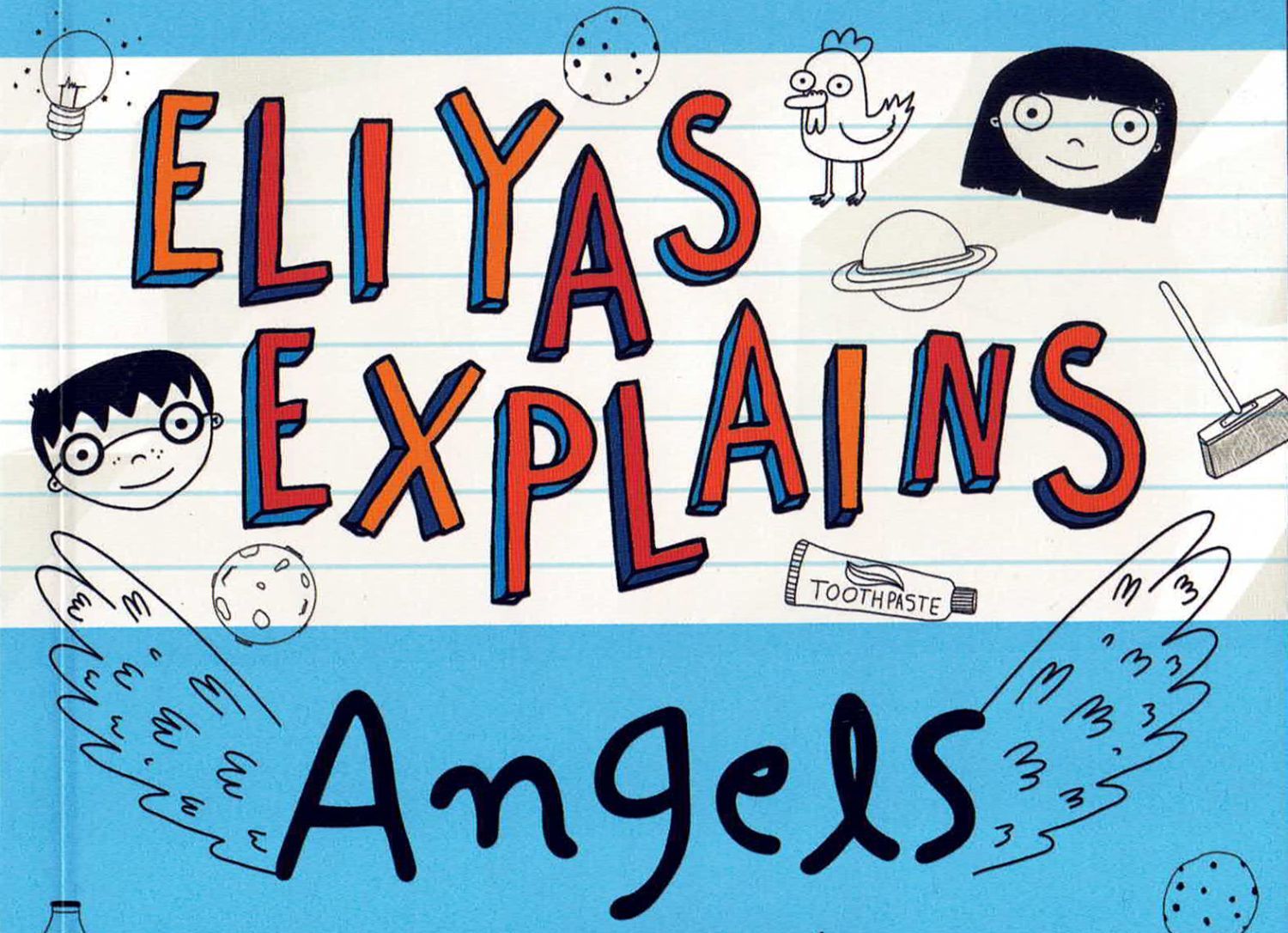|  | Nurturing the Next Generation
Project of Sound Vision |
| |  | Orienting our Children to Believe in an Unseen God By Wendy Díaz Like our senses give our bodies the ability to experience worldly life, our reason connects us to the Unseen and the Hereafter. In addition to that, human beings are hard-wired to seek knowledge. Children are born to learn, explore, and question everything about their surroundings. They have a keen sense of observation. The story of Prophet Ibrahim, peace be upon him, is a great lesson that we can share with our families, especially our younger generations when explaining the concept of God in Islam. Read more to turn his experiences into lessons for your own children. |
| | | Parenting Tip Believing in the unseen is one of the pillars of iman or faith. It is also foundational to the way Muslims worship Allah in our daily lives. While it can be difficult to teach this concept to our children, it is essential in developing taqwa or a God-consciousness from an early age. |
| |  | Teaching Kids about Angels, our Unseen Companions By Laura El Alam Since they are part of al-Ghaib, the unseen creation of Allah, angels can be a little tricky to explain to youngsters. Even though these phenomenal beings surround us and interact with us daily, we can’t see or hear them. Nevertheless, angels are a fundamental part of our religion, and we know they are real even if our senses cannot detect them. Understanding their amazing attributes and the roles they play in our daily life can increase our children’s love of Islam and help them welcome angels into their midst. |
| | | Inspiration “Knowledge is, indeed, power. As Muslims, we must always promote the teaching and elevation of the truth, especially regarding faith.” Candice Islaah Abd’al-Rahim, long-time educator, passionate educationist, community activist |
| |  | Teaching about the Jinn: Separating Facts from from Fiction By Candice Islaah Abd'al-Rahim Long before a parent may think his/her child is ready to learn about the creatures that we call jinn, the Muslim child will probably have encountered some mention of them via popular culture. Whether they are called jinn (also spelled djinn) or genies, they are referenced so frequently in books, movies, TV shows, and cartoons that they have become stock fictional characters or tropes. Long-time educator Candice Islaah Abd’al-Rahim separates the facts from fiction about jinn in the full article. |
| |
|
| | Islamic Guidance Allah describes the characteristics of the true believers in the Quran as those: “who are conscious of Allah … who believe in the unseen, establish prayer, and spend out of what We have provided for them, and who believe in what has been revealed to you, [O Muḥammad], and what was revealed before you, and of the Hereafter they are certain [in faith]. Those are upon [right] guidance from their Lord, and it is those who are the successful.” (Surah Al-Baqarah, 2:2-5) |
| |  | Your Soul Matters By Tayaabah Qazi Science is at a loss in understanding the concept of the soul. In most instances, it denies the existence of the soul and chalks up human experience only as a combination of physiological and chemical reactions. To account for the presence of fitra (original disposition, natural constitution or innate nature based on goodness and purity) in totality of the human experience, secular scientists give it fancy names such as mindfulness or spiritualism or meta cognition, and more. Though science is lagging in grasping the concept of the soul, religious traditions describe it from a different vantage point. It is important for parents to increase our understanding of the soul as it is described in Islamic traditions so we can pass this essential knowledge to our children. |
| | | Interesting Facts Here are 10 amazing attributes that your children should know about angels: - They never disobey Allah.
- Angels are unimaginable.
- There are too many to count.
- Angels play crucial roles in our life.
- They are good influences.
- Angels have our back.
- Angels love when we do good deeds.
- They’re taking notes.
- They can take human form.
- We can welcome them.
Read more details in the full article. |
| |  | Book Review: Eliyas Explains Angels By Zahirah Lynn Eppard There are all different ways that parents teach their children about religious principles and concepts. Books are one of those go-to resources. And when it comes to teaching fundamentals of Islam with both detail and creativity, prize-winning author Zanib Mian is a favorite. Her Eliyas Explains series is designed for Muslim kids ages 6-12 who are reading on their own. The chapter books are filled with child-friendly doodles and zainy typefaces (thanks to Illustrator Daniel Hills) that appeal to readers of all ages. But it’s the way the story meanders through the routines of daily life to teach about meaningful and complex topics that makes these books education gold. Check out what Eliyas has to share about angels. |
| | | |  | Adams World Video: Adam Is Thankful Adam forgot his homework, dropped his ice cream, and is having a TERRIBLE day! Leave it to his little sister Aneesah to teach him a lesson about shukr, being thankful. The Arabic letter “sheen” is showcased for shukrun and the English letter “T” for thank you. A beautiful nasheed by Dawud Wharnsby called Being Thankful complements the lessons. (7:05) |
| | | | Make good use of these engaging courses that are fun for the entire family! |
|  |
|
| |  | The Sound Vision Foundation has been a trusted source of Islamic knowledge for more than 30 years. Our work with the world-renowned puppets Adam and Aneesah pioneered creative programming for Muslim children, encouraging them to learn about and love their religion. We continue to bring sound content and engaging programs that stimulate minds, touch hearts, and strive to fulfill our mission of raising better Muslims, better neighbors, and better citizens. This latest effort is designed to support and empower Muslim parents to do the same. |
| | | |
|
| |
|
|